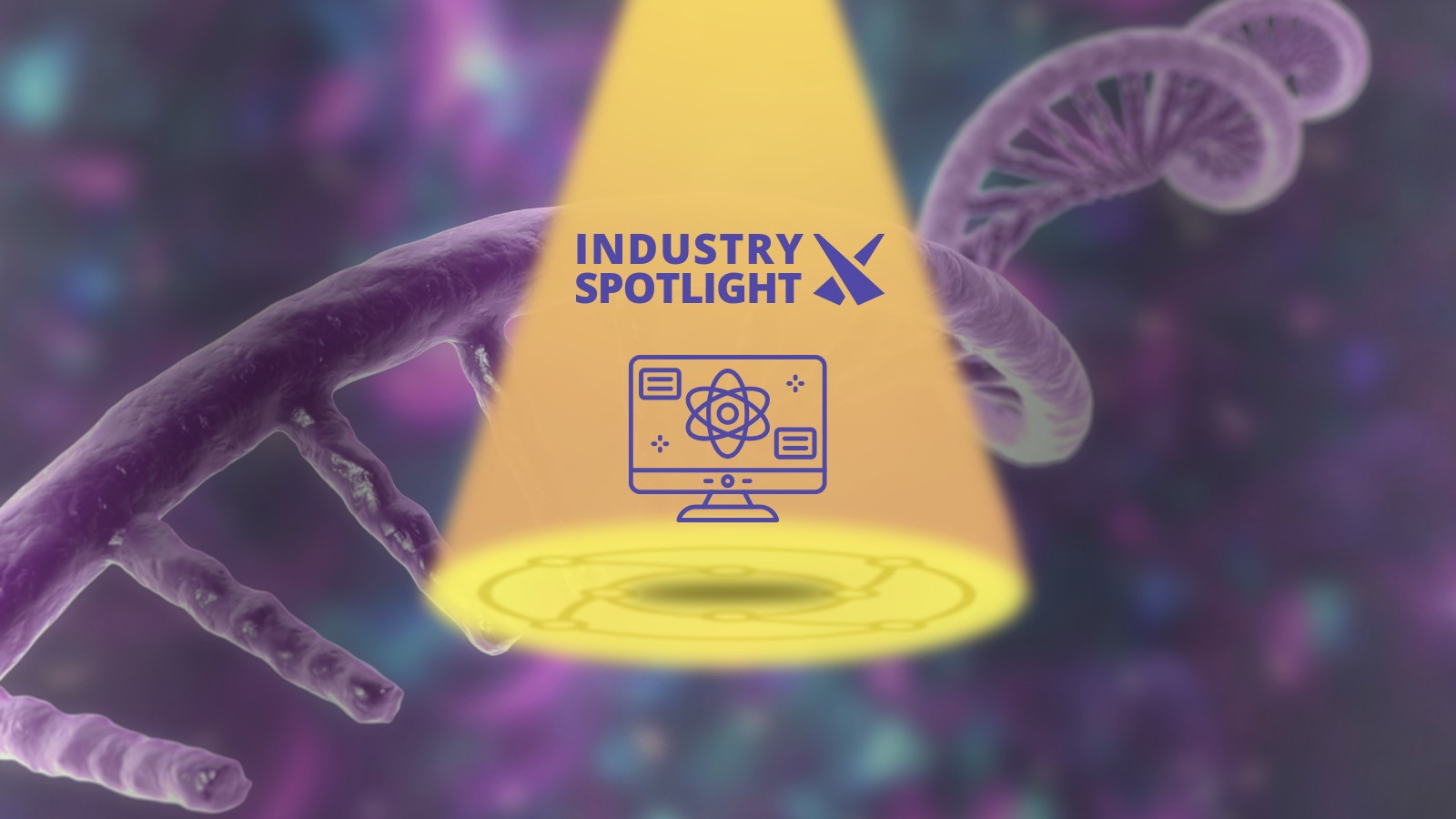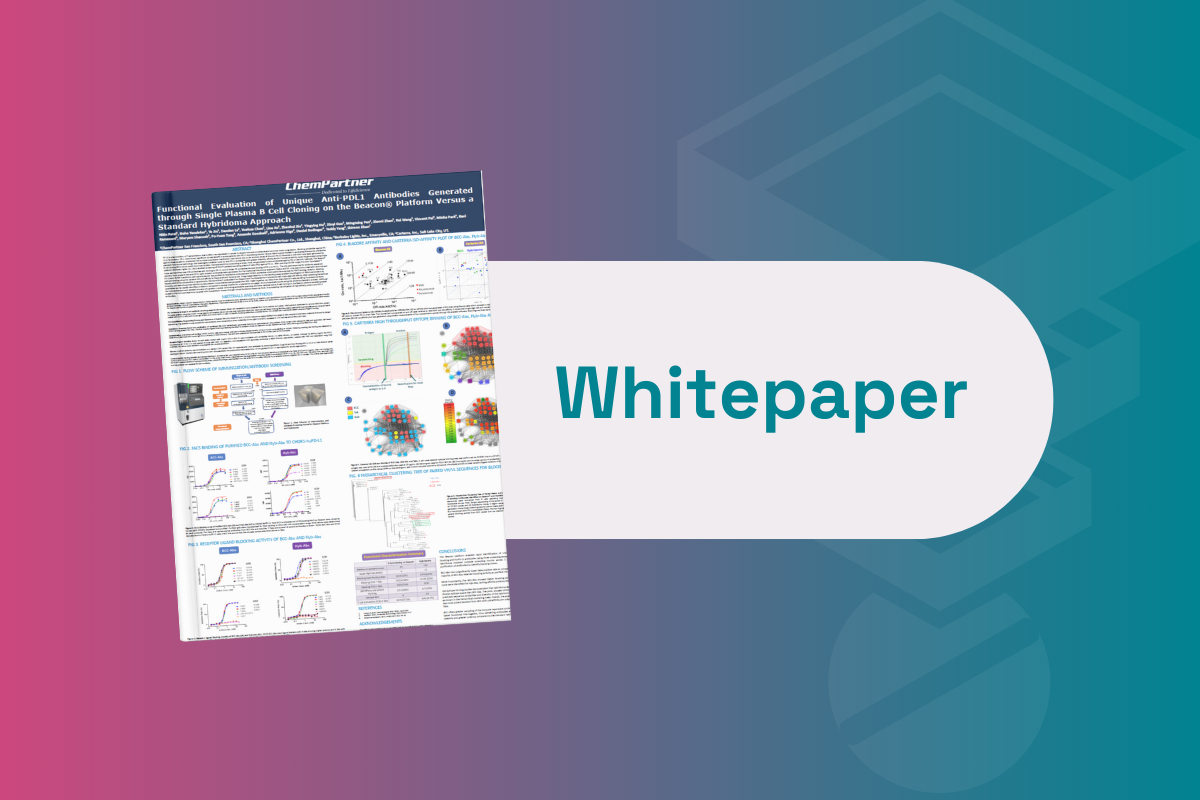mRNA Vaccine Development to Get a Quantum Boost

In a press release last week, Moderna announced they will work with tech conglomerate IBM to explore how next-generation technologies such as generative AI and quantum computing can be deployed to design new mRNA therapeutics. The announcement comes as Moderna moves beyond its Covid-19 vaccine to expand into vaccines for RSV, flu, and other disease areas.
Quantum computing is a transformative technology that solves problems too complex for classical computers using the principles of quantum mechanics. Whilst many biotechs and companies in the drug discovery space have already attempted to integrate AI into the process of therapeutic generation, the collaboration between Moderna and IBM marks a substantial step forward in this field.
Dave Johnson, Moderna’s Chief Data and Artificial Intelligence Officer, noted in an interview that one of the main intentions behind the collaboration is to ensure that they are not simply waiting for next-generation technologies to be able to solve previously intractable problems. Instead, they are keen to “start to develop in parallel with that technology [to address] real, meaningful, useful problems” more quickly and effectively.
- $1.2m Quantum Computing Drug Discovery Grant Secured by Penn State Researchers
- FDA Release New Guidance for Modifications to AI/ML Enabled Devices
- Using Breakthrough Computational Tools for Drug Design and Discovery: AI/ML and Quantum Computing
Moderna will participate in the IBM Quantum Network and the IBM Quantum Accelerator program. Under the new agreement, Moderna scientists will have access to IBM’s quantum computing systems such as the MoLFormer tool, along with additional expertise to help their research into the applicability of quantum technologies.
Moderna scientists will be working with IBM’s MoLFormer tool, an AI foundation model with information from more than 1.1 billion molecules. The technology will predict molecules’ properties and help researchers understand the characteristics of potential mRNA vaccines.
In an interview with Endpoints News, IBM’s Research Director Dario Gil said they have undertaken the collaboration with the intention of “better understanding how molecules create and facilitating the creation of entirely new ones.” Moderna’s main aim is to use the MoLFormer tool to optimise both mRNA, which provides the instructions to cells to fight disease, and lipid nanoparticles, which protect mRNA as it travels around the body by coating the molecules.
The financial terms of the five-year agreement have yet to be explicitly revealed, but a Moderna spokesperson has said that no royalties will come from any potential medicines created because of the quantum computing work. Both companies have said that they are dedicated to the long-term potential of quantum computing technology and generative AI to produce mRNA medicines with optimal performance and safety.
Get your weekly dose of industry news and announcements here, and keep up to date with the latest ‘Industry Spotlight’ posts. For other PharmaTec content, please visit the PharmaTec Content Portal.
Want to find out more about the innovations happening in pharma data? Join Oxford Global’s annual Pharma Data & Digital Medicine event today. This 2-day conference brings together a panel of prominent leaders and scientists, sharing new case studies, innovative data, and exciting industry outlooks.






